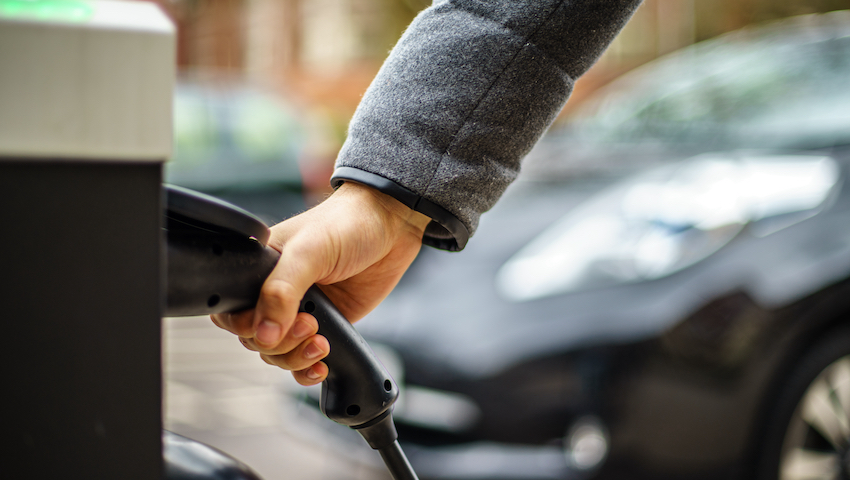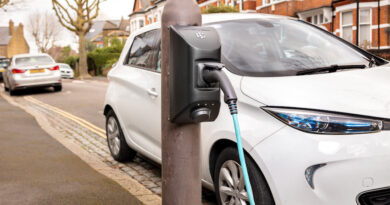Tax stability for drivers required to provide ongoing access to EVs
Most drivers would not choose electric vehicles (EVs) over petrol or diesel without stable Benefit in Kind taxation, a new report has found.
The research shows that without salary sacrifice, more mass-market drivers would not be able to afford the switch to electric.
Surveying 2,000 in-work drivers from across the UK, the results showed that 60% of drivers said they would go electric or hybrid if salary sacrifice was available, without it, 61% would choose a petrol, diesel or hybrid instead.
It found 78.2% of the drivers surveyed said that that low BiK rates were the deciding factor in their choice to go electric, and 55% of drivers would not currently choose an EV if BiK rates rise in line with petrol or diesel cars.
A further 54% are also worried about the running costs of a petrol or diesel car with 55% finding them too expensive to run.
The report shows how financial incentives offered by Government worked. The zero Road Fund Licence, and the 2% BiK rate applied to EVs since 2019 has accelerated the growth in uptake of zero emission vehicles. Prior to the introduction of favourable BiK rates, 97,565 were sold in the UK in 2019, however in 2020, 205,770 were sold after they came into force. This trend has continued, with more than 592,000 EVs sold so far in 2022.
The order book for 2023 shows that 83% of Tusker’s 21,000 drivers are opting for an EV or hybrid EV for their next vehicle and a further 12% choosing low emission hybrid EVs. It is likely that Tusker’s EV and hybrid orders will increase to nearer 100% by the end of 2023.
Ensuring that EVs are available for all is something Tusker is passionate about, and it works to enable everyone to lower their emissions. More than two-thirds of Tusker drivers are 20% taxpayers and the majority of these are drivers choosing a new car for the first time, moving out of a car that is more than 8 years old and often a high emission vehicle.
Motoring journalist and consumer activist, Quentin Willson has been working with Tusker to highlight the need for mass-market adoption of EV motoring. He said: “Ordinary drivers face being priced out of affording an EV thanks to high upfront purchase costs or large deposits from traditional finance options.
“The second-hand EV market is also still too expensive for many, with recent price increases set to stay for the next few years. As things stand we face the risk that the majority of the public will be left out of the transition
“Salary sacrifice enables levelling up access to electric cars for more people across the UK. But, with less than 15% of new car sales being EV, we still have a long way to go to hit our national targets.
“I believe salary sacrifice is the most cost effective way of driving an EV. This policy is enabling lower income drivers access to EVs, so it has to continue. Why deny nurses, council workers and office staff the chance to drive a zero-emission EV?” concluded Willson.
Tusker’s own experience of running EVs at scale, alongside petrol or diesel vehicles, confirms the findings. Overall, EVs have been shown to have servicing, maintenance and repair costs which are 40% lower than their petrol or diesel equivalents, and a 51% lower cost of parts over the same period.
Additional stats from the Tusker report:
- 53% of drivers expect to change cars in the next three years
- 61% of drivers are most concerned with the running costs of their next vehicle
- 58% of drivers would consider changing to an EV due to the cost of running an ICE vehicle
- More than two thirds of Tuskers Drivers are 20% tax payers.
- The average weekly mileage driven across the UK is just 73 miles / week
- The average driver spends £45 / week on petrol or diesel
- The average driver would save £730 in petrol a year by swapping a VW Golf for the equivalent VW ID.3
Tusker’s CEO, Paul Gilshan, said: “Our report provides the latest market intelligence and trends around drivers and their view on the current and future EV ecosystem.
“It confirms that salary sacrifice and the stability of BiK rates are key for the long term, widespread adoption of EVs by mass market drivers.”






